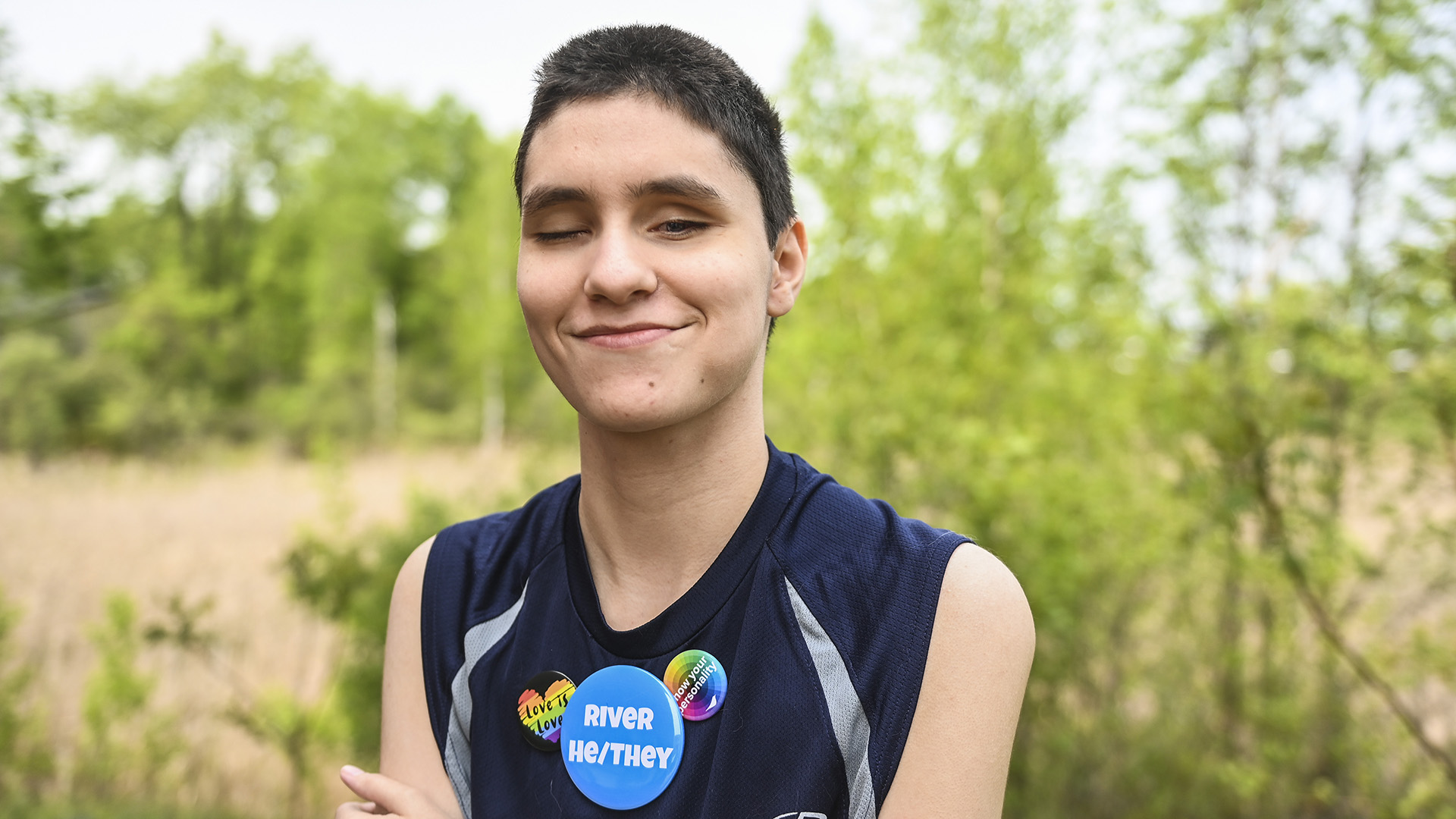Respiratory Illnesses in Region 6 and Michigan
November 17, 2022
**Sharing on behalf of Region 6 Healthcare Coalition**
One year ago today, Region 6 (comprising Clare, Ionia, Isabella, Kent, Lake, Mason, Mecosta, Montcalm, Muskegon, Newaygo, Oceana, Osceola and Ottawa counties) sent out a letter to the community regarding Covid 19. Today, Region 6 is sending out another letter to inform our community of another wave of respiratory illness that is now impacting our healthcare system.
Respiratory Syncytial Virus (RSV) is a virus that usually hits our community every year. It is a respiratory virus that causes fever, difficulty breathing and cold like symptoms. It is highly contagious and usually leads to a large number of children seeking medical care each year. Some of these children need to be hospitalized, but most do very well. Because of the masking and isolation protocols in place over the past 2 years, there have not been very many cases of RSV in Michigan. That has been helpful because of the number of Covid 19 cases. This also means that most children under 3 years old have never been exposed to RSV. This may lead to more children than usual with coming down with RSV. RSV usually hits Michigan between November and March.
Influenza is also a respiratory virus that is common every year. It too can lead to hospitalization for some, but most do well. We did not see many influenza cases over the past two years for the same reason. Influenza usually hits between December and February. Influenza can affect all age groups and can cause fever, cough, shortness of breath, weakness and can lead to pneumonia.
Unfortunately, RSV has already hit Michigan and influenza has now been found in Region 6 as well. Our pediatric hospitals are already at or near capacity throughout the state and the surge of RSV and influenza is just beginning. This surge may last up to 10 weeks. Children and the elderly are the most susceptible to serious cases of RSV and influenza. Covid is still around as well and is still leading to some hospitalizations. We may see a surge in this as well.
Many industries, including healthcare continue to experience staffing challenges. This includes hospitals, doctor’s offices, EMS, nursing homes and other care facilities.
How does that impact you?
- Wait times for emergency, urgent or primary care may be much longer than usual
- Ambulance transfers may be delayed
- Visitor restrictions may need to be reinstated or increased
- You may have a prolonged stay in the emergency department waiting for a bed in the hospital
What can you do to help?
- Use hand sanitizer whenever possible
- Wash your hands with soap and water frequently
- Isolate at home if you have respiratory symptoms
- Protect the very young and elderly by staying away if you are sick
- Be patient with the healthcare workers as we deal with another tough time
- Please utilize your primary care office for minor or non-emergent problems
- Urgent care is also available for non-emergent needs
If you have an emergency, please call 911 or go to the emergency department as soon as possible. During the prior surge some people waited too long because they did not want to burden the emergency department. Unfortunately, some of those people came too late to treat their emergent condition such as stroke, heart attack or diabetic emergency.
We know that together we can get through this safely, but we need your help. Thank you for your support and patience as we navigate through these challenges.
Jerry Evans, MD, MMM, FACEP
Medical Director
Region 6 Healthcare Coalition
For additional information contact:
R6Media@wmrmc.org
Region 6: Clare, Ionia, Isabella, Kent, Lake, Mason, Mecosta, Montcalm, Muskegon, Newaygo, Oceana, Osceola, Ottawa




